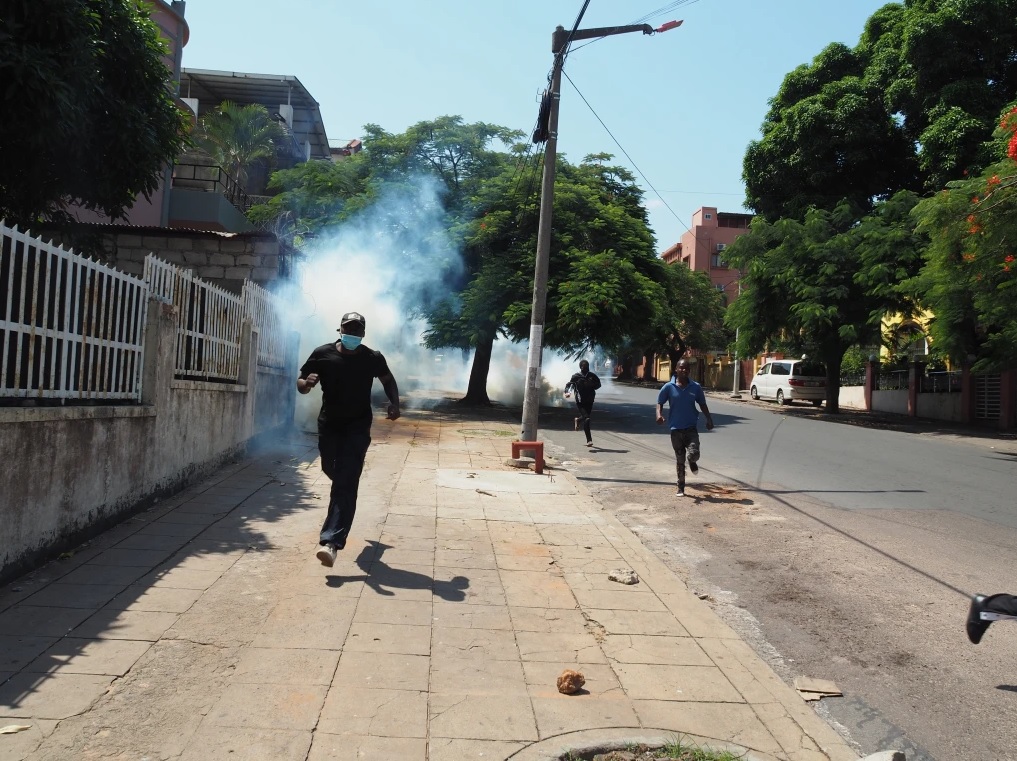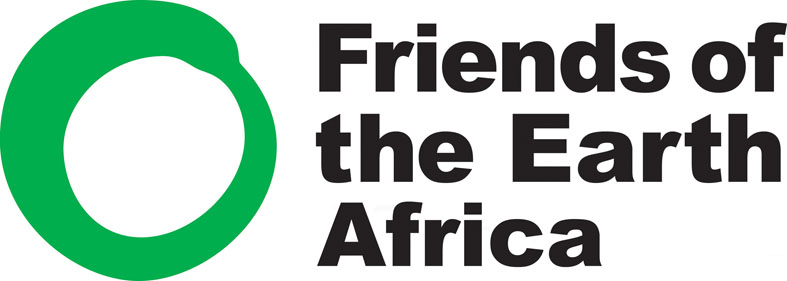
Never has the shutdown of democracy in Mozambique been more evident than last March 18th, particularly in the cities of Maputo, Beira, Nampula, and Xai-Xai. It is a reality that we urgently need to resist and fight against. Since 2008 freedom of expression, demonstration, and association have been repressed, but it was in 2020 that the government and its international partners used Covid19 as an almost plausible pretext to restrict citizens’ freedoms, with the announcement of a set of measures that gave rise to restrictions on the mobility of people and goods, restrictions on public and private meetings, and limitations of the right to protest – a right that is constitutionally conferred to us through Article 51 of the Constitution of the Republic.
The last few years have been marked with threats against freedom of speech and association. Activists, journalists and community leaders that stand up against inequality, government abuse or megaprojects have been intimidated, persecuted and some are missing until this day1.
Mozambique is one of the poorest countries in the world, while at the same time owning vast natural resources. Coal, gas and oil have been exploited by transnationals, bringing riches to a few economic and political elites. Rural and peasant communities have been displaced, a violent insurgency has been ravaging the North of the country, and the government is focusing on a military strategy to deal with it. People from Cabo Delgado are being sexually assaulted, threatened and murdered by both insurgents and government military forces. On top of this, the government has been openly attacking civil society organisations accusing them of being ‘anti-government’ or ‘anti-development’, and drafting new laws aiming to restrict the freedom of association2. Read more
